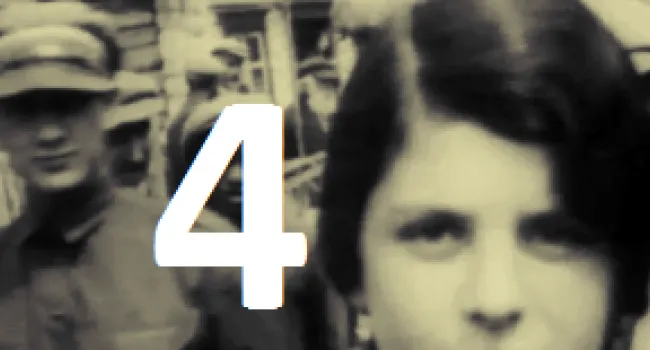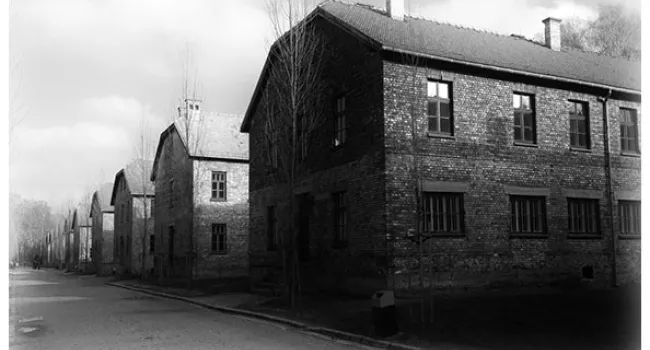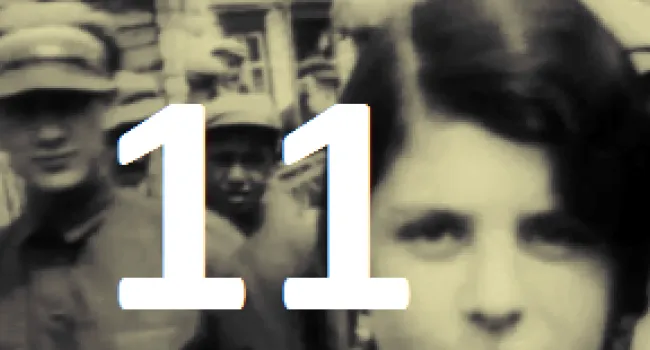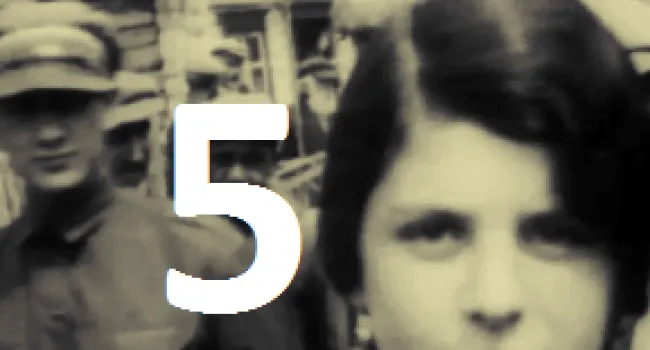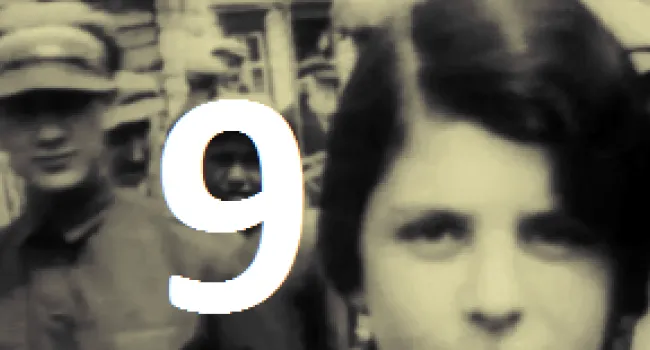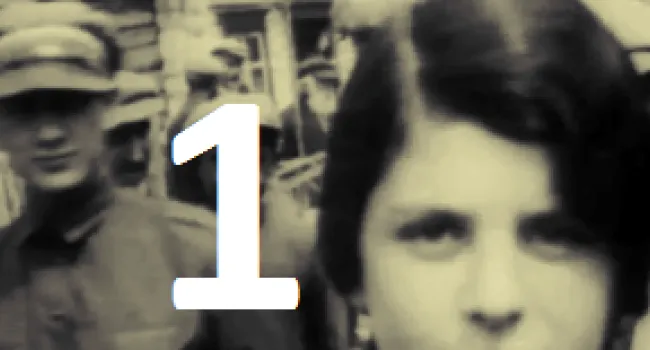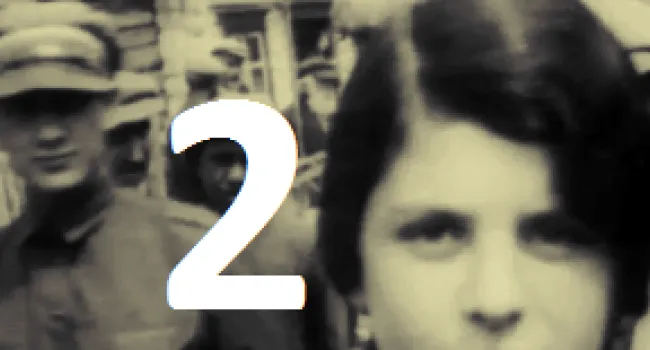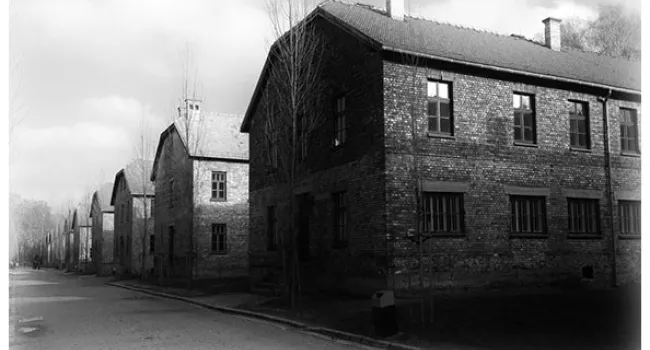Trude Heller's family narrowly escaped deportation to a concentration camp, but still had to live through other anxieties. At 14, she was made to quit school, and the family was forced out of their home. Living in hiding, they often heard shouting voices and then learned that many people were disappearing. It was a horrendous time. People kept asking, "How can men do this to men?" They escaped to the United States and moved to South Carolina. She and her husband have always felt so blessed to have gotten away and they tried to extricate other Jews from the war lands. They have raised their children to be kind to their fellow men, hoping to be treated likewise.
Standards
- 5.3 Demonstrate an understanding of the economic, political, and social effects of World War II, the Holocaust, and their aftermath (i.e., 1930–1950) on the United States and South Carolina.
- 6.5.CE Explain the impact of nationalism on global conflicts and genocides in the 20th and 21st centuries.
- 8.5.CO Compare South Carolina and U.S. wartime contributions and demobilization after World War II.
- This indicator is intended to encourage inquiry into the significant causes of World War I and the impacts of the Treaty of Versailles, including its failure to prevent future global conflicts.
